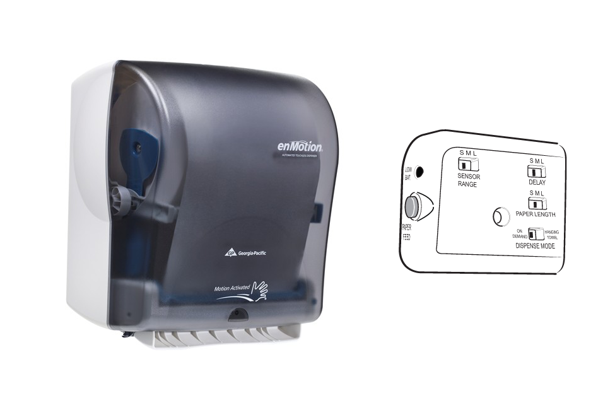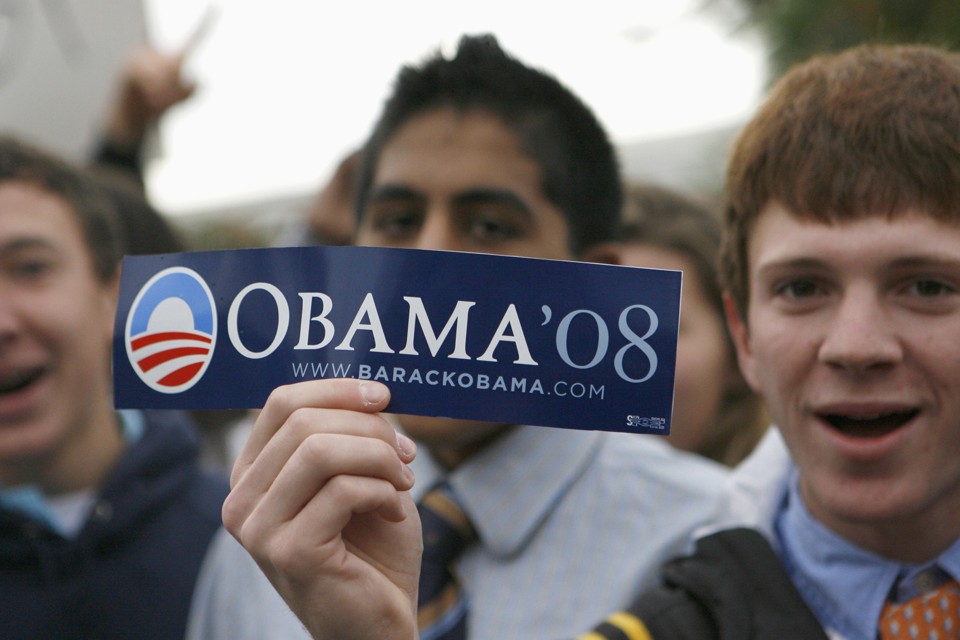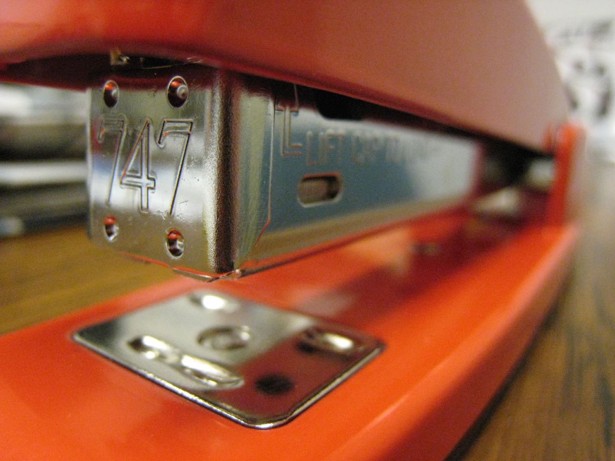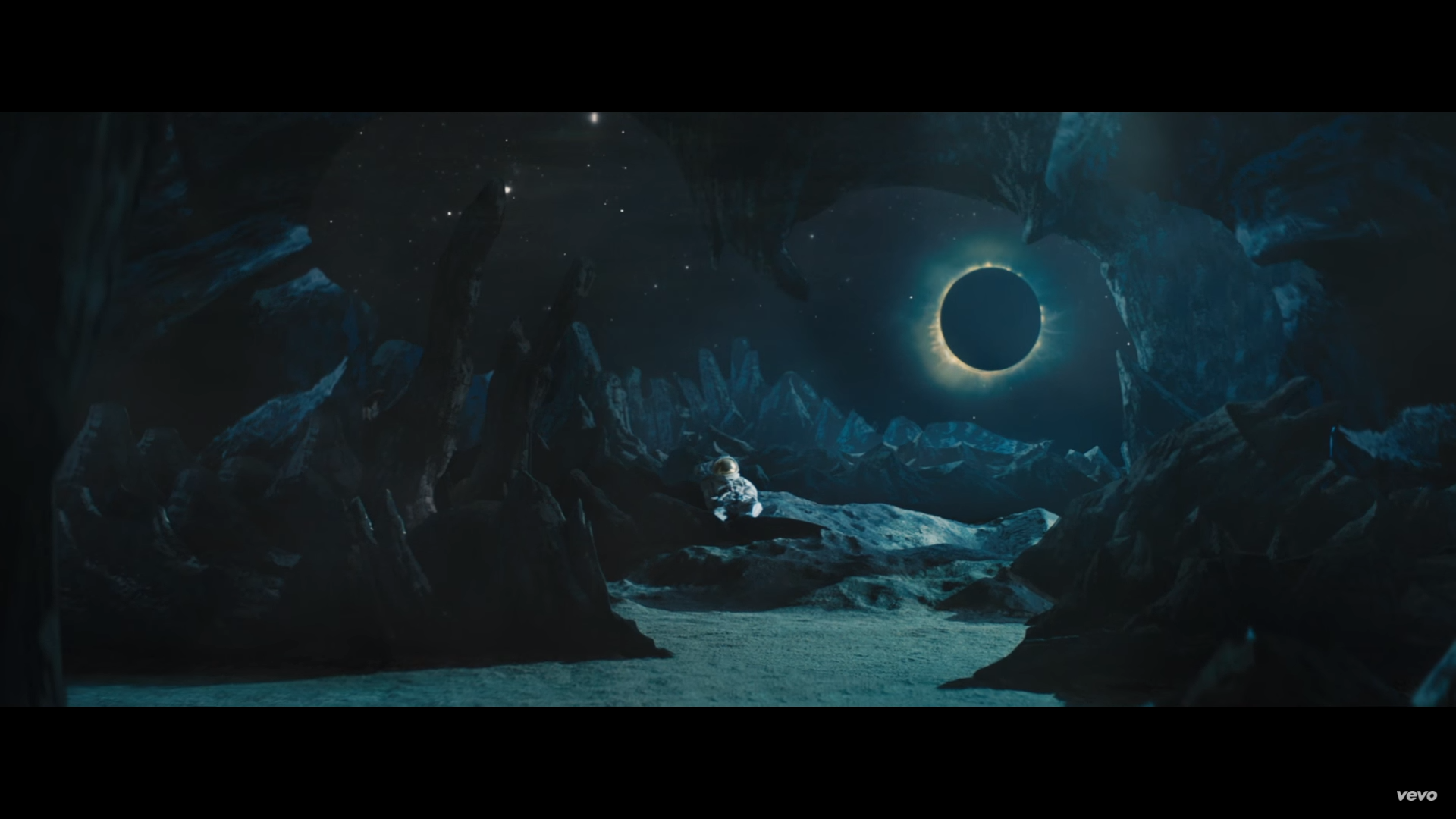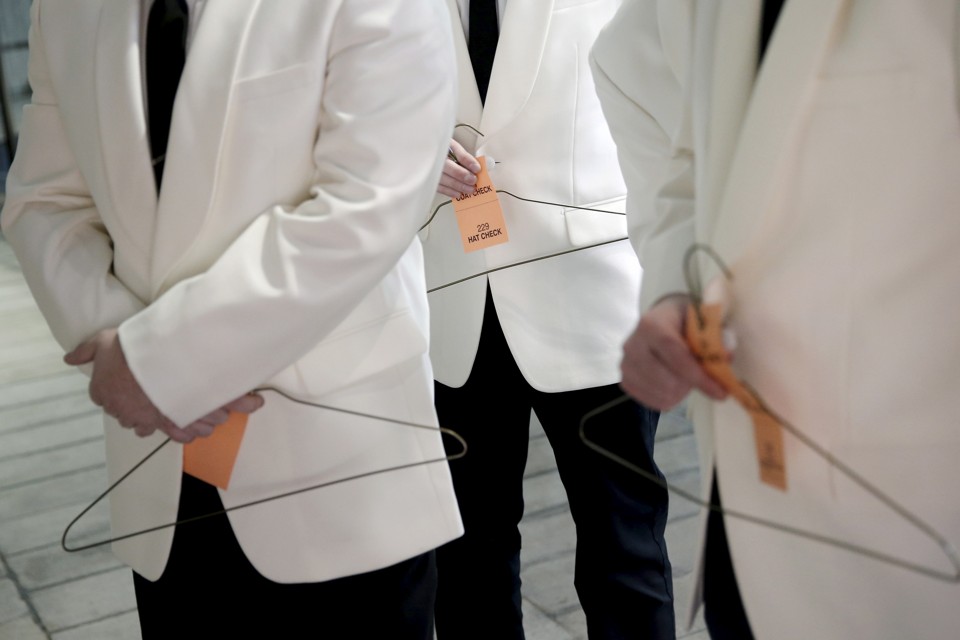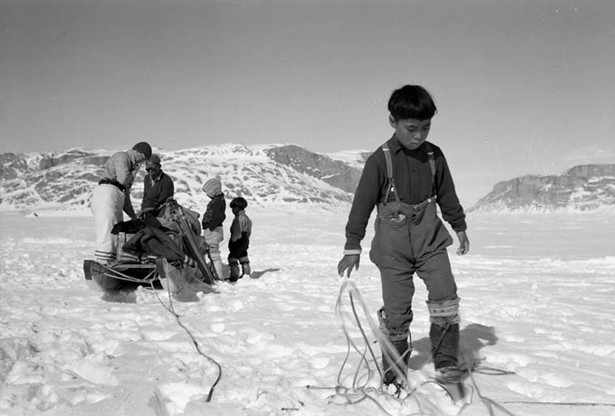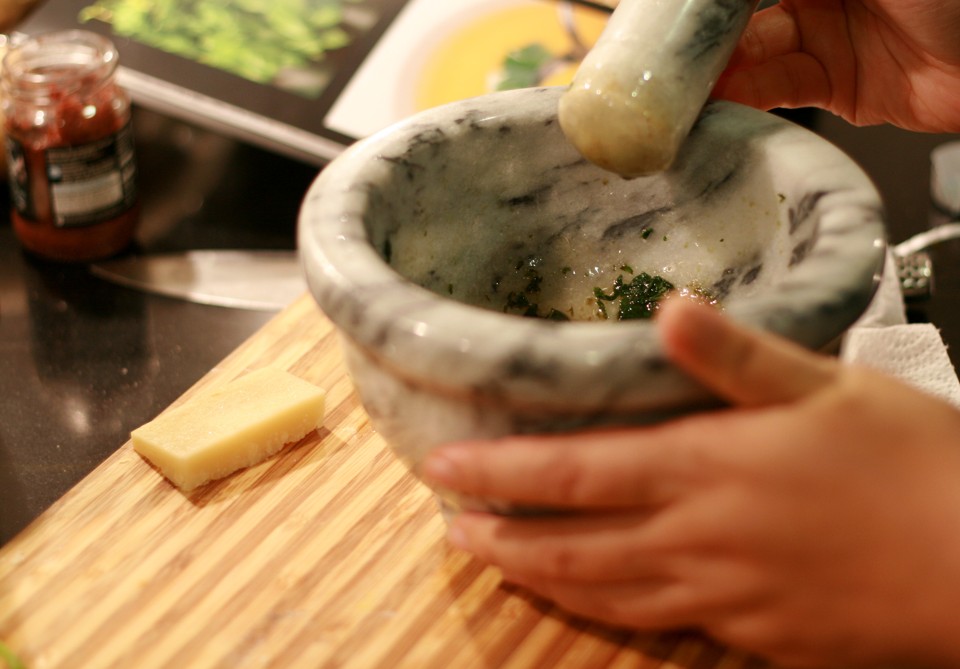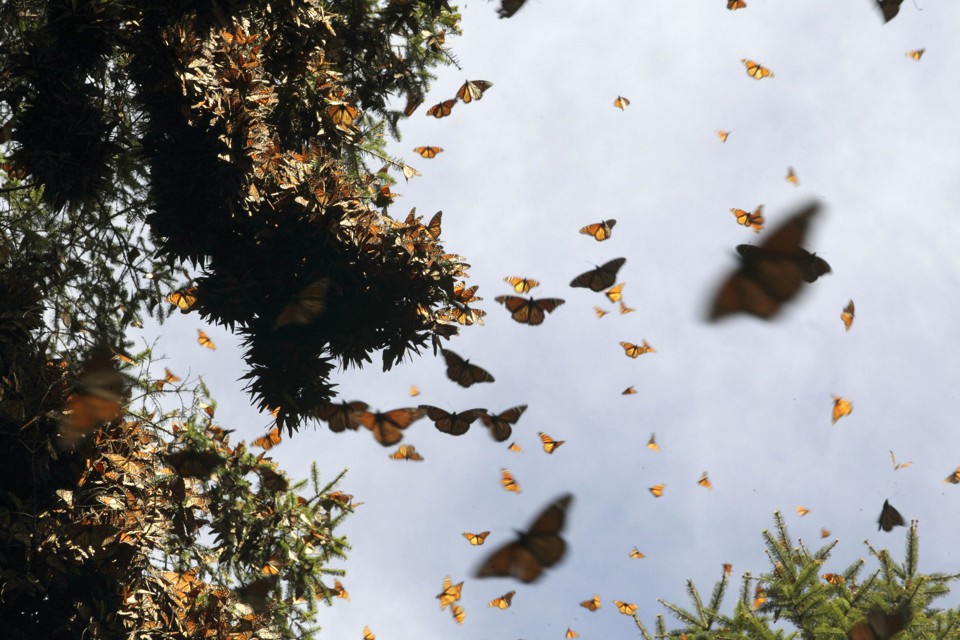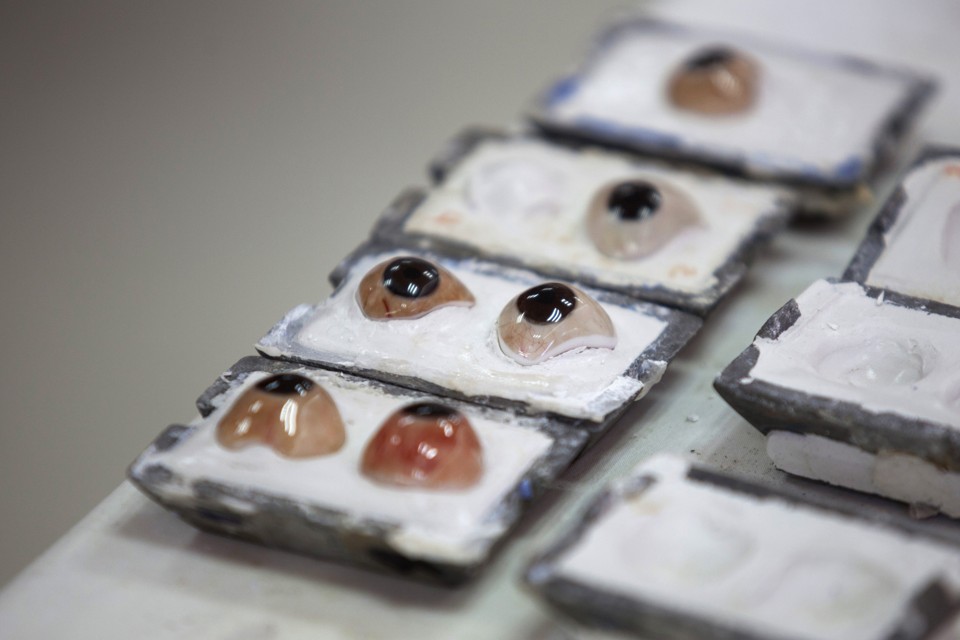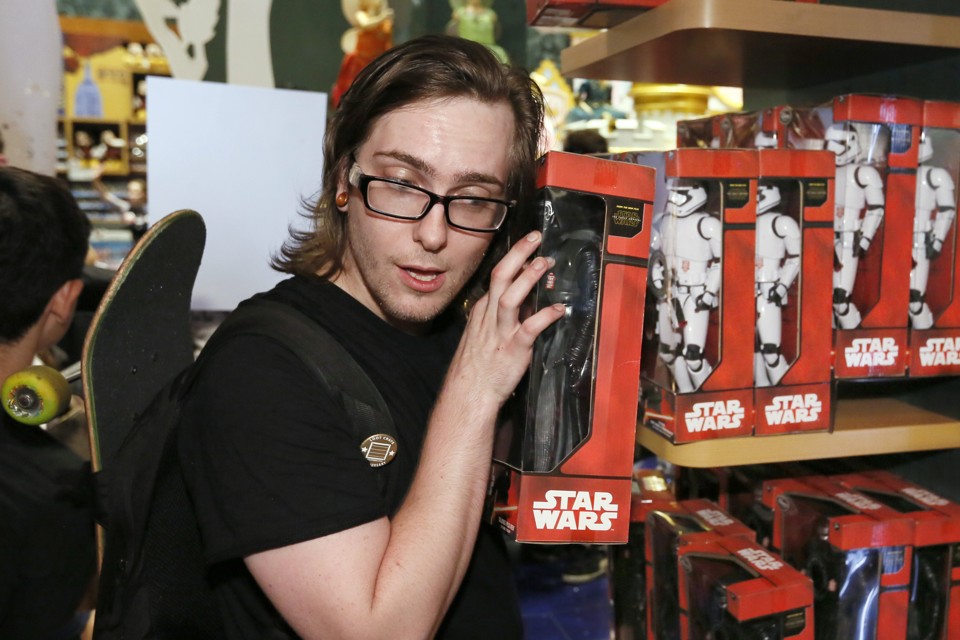
Like Baseball Cards, but for Funerals
Funeral cards are reminders of loved ones who have passed away—but when the names on the cards belong to strangers, they’re also collectibles.
by
Michael Williams
On the surface, funeral cards look like Catholic trading cards, adorned with religious figures like Jesus Christ, the Virgin Mary, or a popular saint. On the backs of these 4.25-by-2.5 inch cards are the names of the deceased, their birth and death dates, and brief prayers or poems. The lure of memorial cards extends beyond a morbid fascination with death.
Read this essay at The Atlantic
